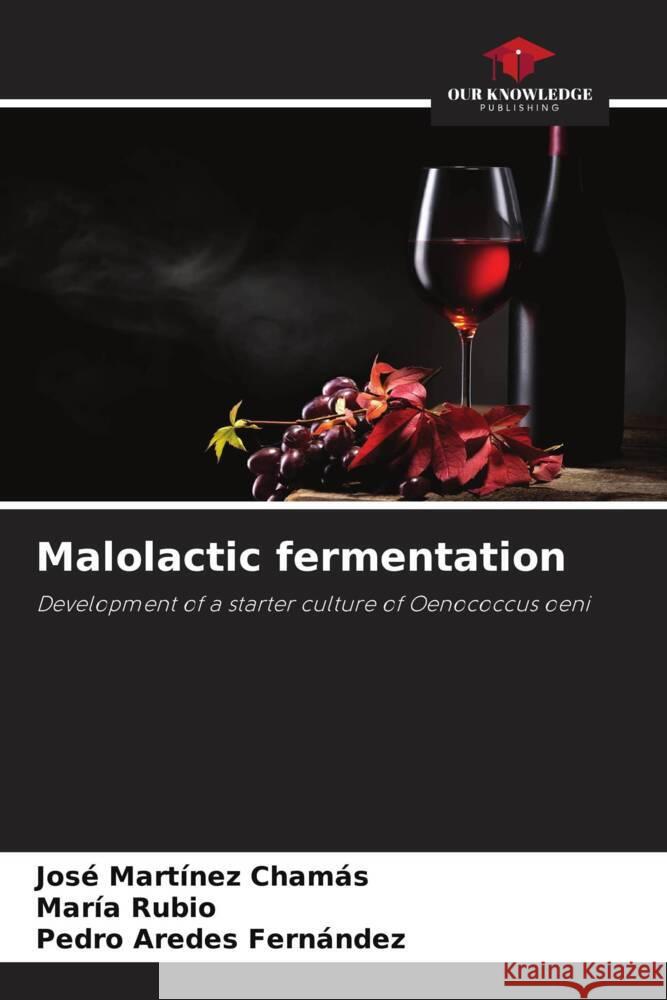Malolactic fermentation » książka
Malolactic fermentation
ISBN-13: 9786204860893 / Angielski / Miękka / 172 str.
Malolactic fermentation is a process carried out by lactic acid bacteria in wine, which enhances the organoleptic characteristics and contributes to the microbiological stability of the wine. The use of starter cultures allows this process to be carried out in a controlled and faster way. In this work, the Oenococcus oeni strain RAM10 was selected because it presented the best characteristics in terms of yield and food safety. In addition to having genetic potential for the production of aroma compounds. On the other hand, a low-cost culture medium was designed to produce a high density of bacterial biomass for wine inoculation to induce fermentation. The strain maintained viability and fermentative capacity over time against freeze-drying and freezing preservation methods. Finally, strain RAM10 exhibited the same or higher malolactic potential than commercial strains in different Argentine Malbec and Cabernet-Sauvignon wines.











